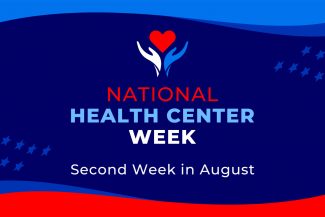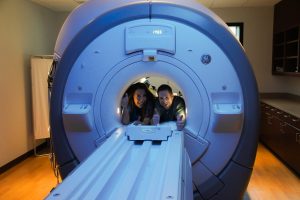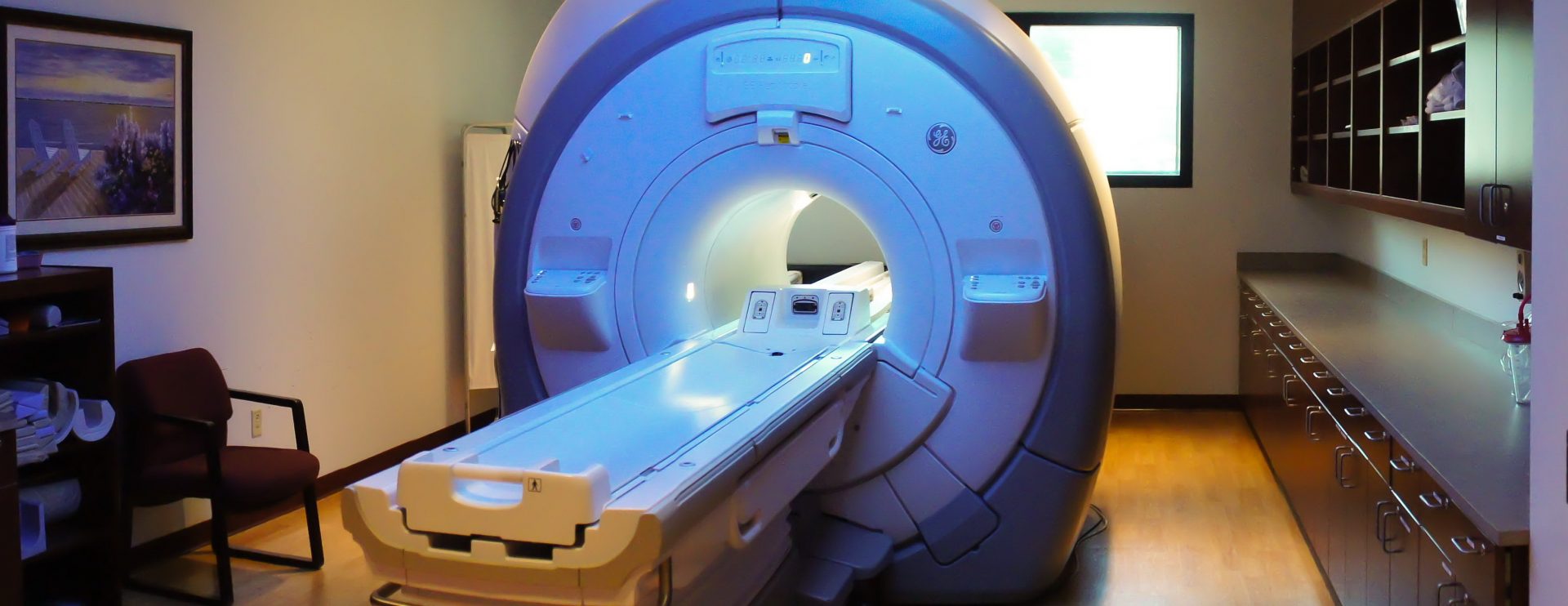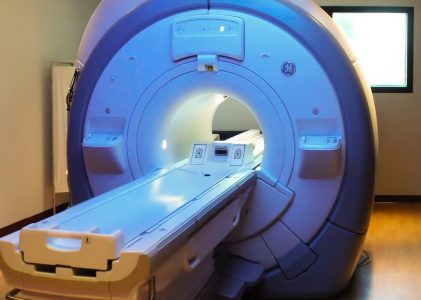 Greater Waterbury Imaging Center (GWIC) is a comprehensive imaging center that is committed to providing patients with comfortable, safe, and fast exam services while producing accurate results. We have gained the trust of community physicians and patients for our outstanding attention to patient care and our knowledgeable MRI Technologists.
Greater Waterbury Imaging Center (GWIC) is a comprehensive imaging center that is committed to providing patients with comfortable, safe, and fast exam services while producing accurate results. We have gained the trust of community physicians and patients for our outstanding attention to patient care and our knowledgeable MRI Technologists.
Each year during the week of August 7th, National Health Center Week is observed to raise awareness about the accomplishments and mission of the health centers that make up the American Health Care System. This is an ideal time to remind communities of the exceptional services provided by our health centers.
GWIC specializes in providing magnetic resonance imaging (MRI) services to patients and treating each patient with the utmost care and dignity. MRI is the most common diagnostic imaging test used for a wide variety of medical conditions and is pain-free and non-invasive. The MRI scanner is equipped with a high-resolution magnet and can take pictures of different organs, soft tissues, and anatomical systems such as cardiovascular, gastrointestinal, musculoskeletal, and more.
Why Do I Need an MRI?
MRI scans give Radiologists a very detailed image of internal body systems in exceptional detail. This makes it much easier to provide accurate diagnosis and treatment solutions for patients. Some of the more common reasons a physician may order an MRI for you are:
- To obtain detailed images of your anatomy
- Monitoring or follow-up after a treatment
- The presence of tumors or to rule out infections
- Surgical planning or guidance for biopsies
- Non-invasive imagery of the vascular system
- Further evaluation when other tests have not yielded answers
- To provide vital functional information, especially for the brain
What MRI Services Does GWIC Provide?
GWIC provides complete care for MRI needs, paying special attention to the patient’s comfort while delivering exceptional diagnostic services. Our MRI services include:
Body
Body MRI scans are performed for many reasons, which can include vascular disease, high blood pressure, or kidney stones. These scans include images of the liver, pelvis, kidneys, abdomen, prostate, and chest. A magnetic resonance angiography (MRA) can also be performed to specifically look at the body’s blood vessels.
Breast
MRI of the breast is conducted in situations such as patients who have a family history of breast cancer, dense breasts, or BRCA+. We also scan breast implants to screen for cancer or if there is a suspicion of rupture. MRI-guided breast biopsies are performed to remove cells which are then sent to a lab to determine a diagnosis.
Cardiac
To detect and monitor cardiac disease, a procedure called Cardiac Magnetic Resonance Imaging is used as it evaluates the anatomy of the heart. This is used especially in patients who had heart disease at birth or for heart diseases that occur after birth. This type of MRI provides some of the best images of a heart and does not use ionizing radiation.
Neurological
Patients who receive a neurological MRI typically are experiencing symptoms such as back pain, hearing loss, memory loss, stroke, metastatic disease, decreased vision, pseudotumor, etc. This type of MRI scans and takes images of the entire spine, brain, and blood vessels in the neck and head, including the IAC (inner auditory canal), brain, orbits, cervical, thoracic and lumbar spine. This procedure may be used in conjunction with an MRV (Magnetic Resonance Venography) which enables the Radiologist to obtain a clear view of the vessels within the head.
Ophthalmic
An Ophthalmologist (who specializes in eye health) may request an MRI for patients who are presenting symptoms such as drooping eyelids, dilated pupils, or an eye that is turned inward. Life-threatening conditions such as brain tumors, mini-stroke, or brain aneurism can also be detected by an MRI, so it is important to have full transparency with your doctor so an accurate diagnosis can be reached.
Orthopedic
Sometimes an MRI is necessary if a patient has had an injury or is experiencing pain. Scans can be performed on bones, joints, and soft tissues of the arms, legs, feet, and hands, so a Radiologist has a clearer understanding of any issues. An IV contrast can also be administered so the Radiologist can easily see any tears in the soft tissue of the body.
Non-Claustrophobic

GWIC offers a Non-Claustrophobic MRI to alleviate claustrophobia and make our patients more comfortable.
GWIC cares about your health and prioritizes your comfort while working with us to best address your healthcare needs. Our team of experienced MRI technologists is dedicated to our patient’s care and providing exceptional services. Contact us to learn more about the comprehensive MRI services we proudly provide our community.


